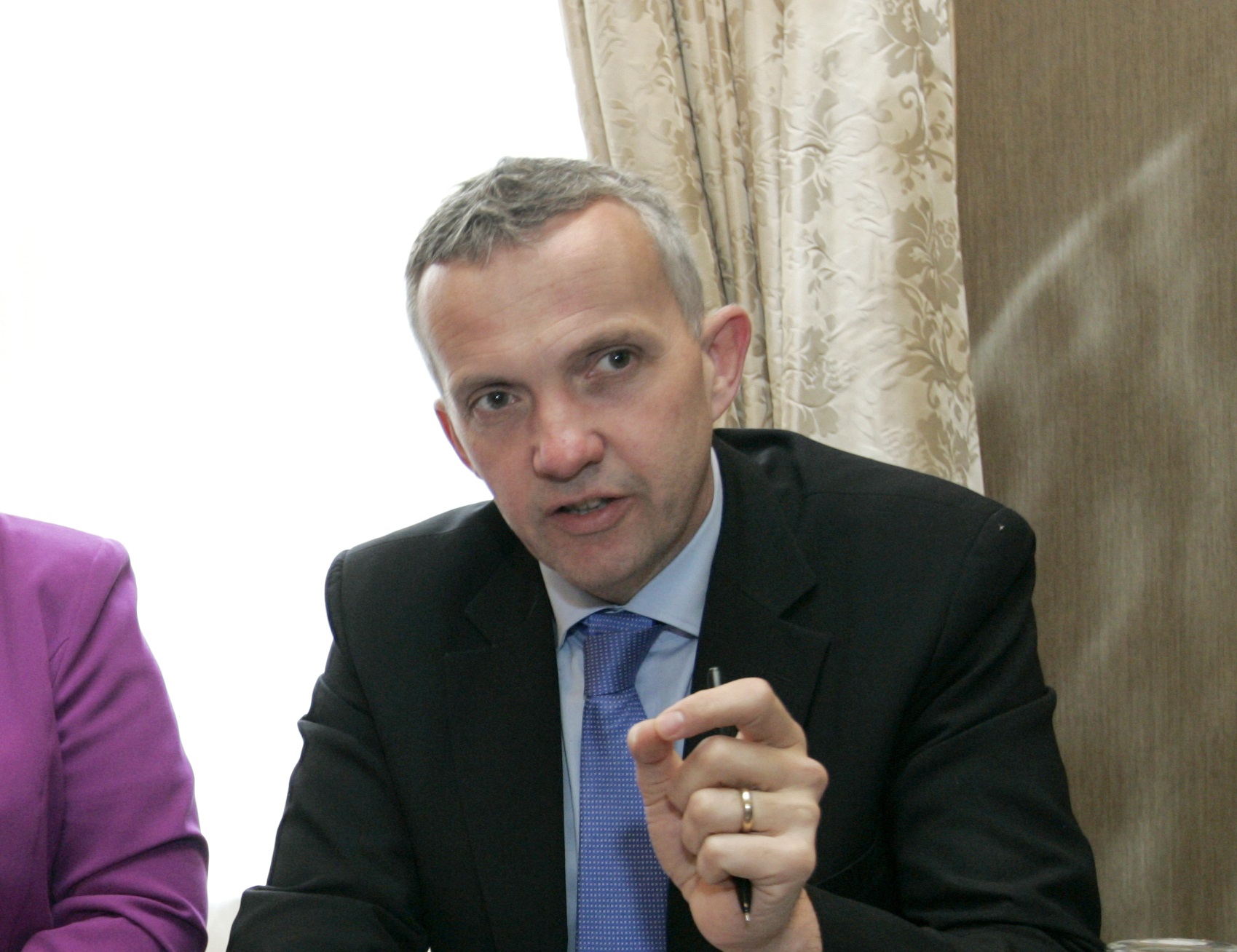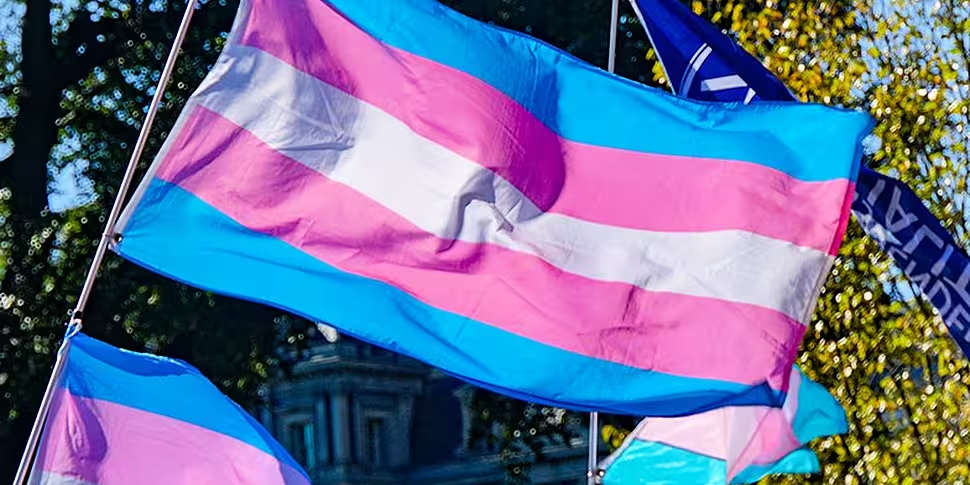One of Ireland’s leading transgender healthcare doctors has said the HSE is taking an ‘ideological approach’ to children with gender identity issues instead of offering “proper medical care”.
Professor Donal O’Shea and psychiatrist Dr Paul Moran of the National Gender Service (NGS) have made a formal complaint to the Health Information and Quality Authority (HIQA) about the HSE’s policies on child gender identity issues.
The leading doctors are criticising the HSE for continuing to refer children to overseas services that follow the 'gender-affirming’ Model of Care.
The gender-affirmation model is based on the idea that trans children tell the truth about their own gender identity and should be supported in those choices.
The two doctors are warning that this approach results in people starting on inappropriate medical treatments too quickly and can be damaging for children.
They advocate for a ‘probing assessment’ model of care – with psychiatric assessment taking on a stronger role before medical decisions are made.
On Newstalk Breakfast this morning, Professor O’Shea said the HSE has become “enthralled to an ideology about rights and social culture” adding that health service management have “let go of their understanding of proper medical care”.
He said the HSE is ignoring the warnings from experts in the field in Ireland.
“They've not been listening to us for years,” he said.
“They've shut us out and instead, they have brought in people who have no clinical training that have an ideological approach to this.”
 Consultant endocrinologist Professor Donal O'Shea is seen at a press conference in Dublin in 2015. Picture by: Mark Stedman/Photocall Ireland
Consultant endocrinologist Professor Donal O'Shea is seen at a press conference in Dublin in 2015. Picture by: Mark Stedman/Photocall IrelandIn their complaint to HIQA the two doctors set out a series of “examples of harm and risk caused to Irish children” by overseas services the HSE referred children to.
“These children have been harmed and put at risk by very poor care, which has been set up by the HSE,” said Prof O’Shea.
“Both in the past with the Crumlin and Tavistock service and now with a new service that they've set up with a private clinic in Belgium. We're aware of other plans they have of equally poor care.
“We've seen the result of this. We are very pro-trans people and helping them transition, but this has been done properly with proper assessment and proper oversight.
“What's happening at the moment is totally fragmented and we're seeing the harm happening with children.”
Gender healthcare
He said he is now calling on HIQA to fully investigate Ireland's gender healthcare services – focusing on the “underlying, unofficial, policy of the HSE to move away from proper safe models of care to an ideological approach”.
He clarified that he is not saying that children with gender identity issues should not be offered medical treatments – but there are other issues that must be considered before decisions are made.
“It’s not that we're saying they would never be suitable for treatment, but the other problems that they're facing need to be taken into account,” he said.
“That's what we saw with Tavistock and what we're seeing with the Belgian clinic – there's no attention being given to the other important problems that need help.”
Mental Health
Prof O’Shea the children in the system are at real risk of a “deterioration in their mental health and social and educational well-being”.
“We see that some of these children who are having many problems, once there's a rush to start medical treatment, they often disengage with education, with their friends or families, and they become stuck in their bedrooms and unable to move forward with their lives,” he said.
A recent Children’s Ombudsman survey found that one-in-25 children aged between 12 and 17 years old identify as either non-binary or as being a gender different to their biological sex.
Culture war
Prof O’Shea said the figures are part of a “global phenomenon of children having gender non-conforming interests and behaviours”.
“That needs to be given time and explored, but there shouldn't be a rush into medical treatment before proper assessment,” he said.
He said he is not trying to get involved in any debate about culture and rights.
“As a doctor, my job is to look after patients safely and I think that has been let go completely by the HSE,” he said.
Asked whether Irish politicians are too afraid to discuss gender issues he said: “I think this is part of a broader culture war that's happening; the cancel culture of attacking people who speak up and express concerns.
“We've seen it internationally and I think the Irish politicians are particularly avoidant.”
You can listen back here:









